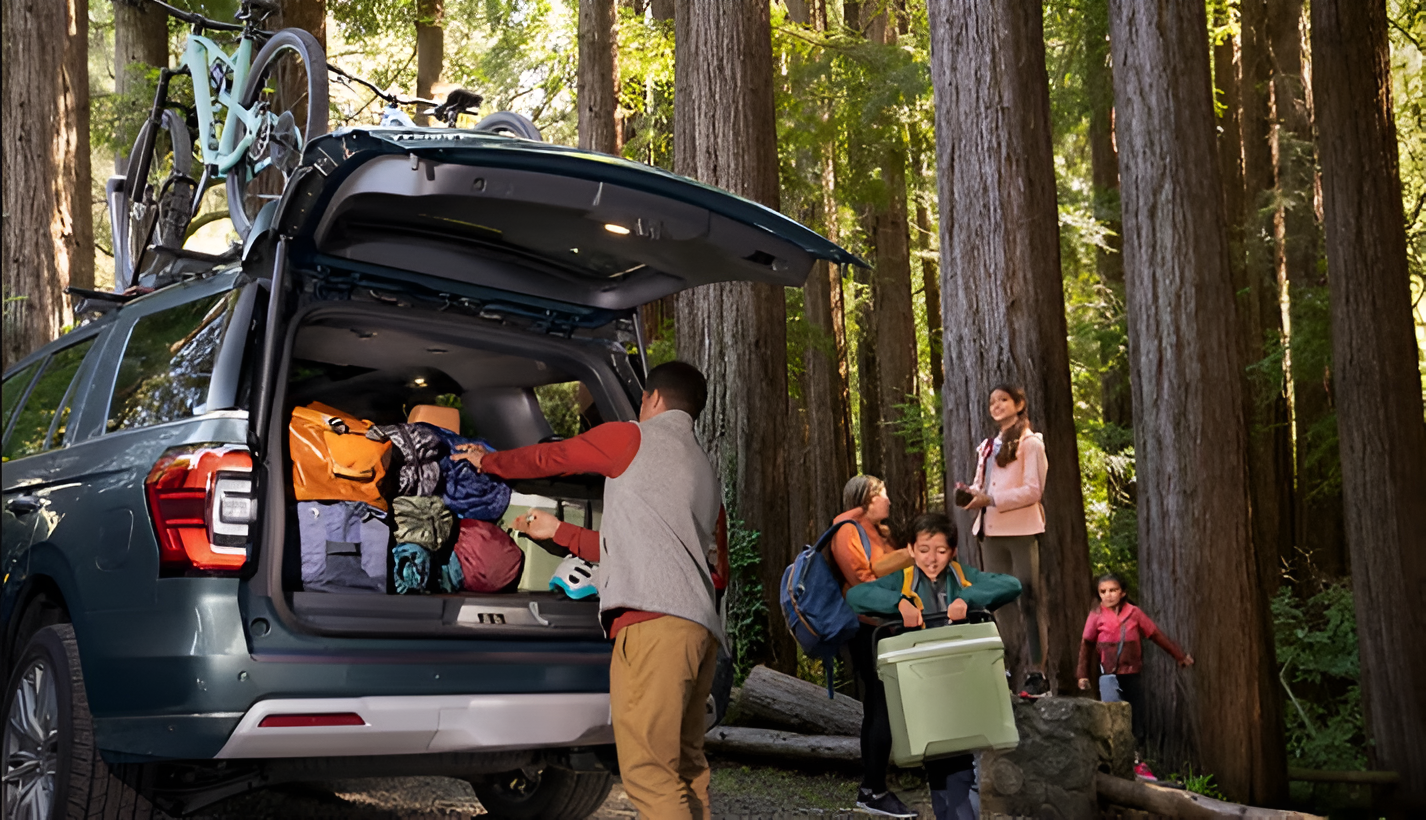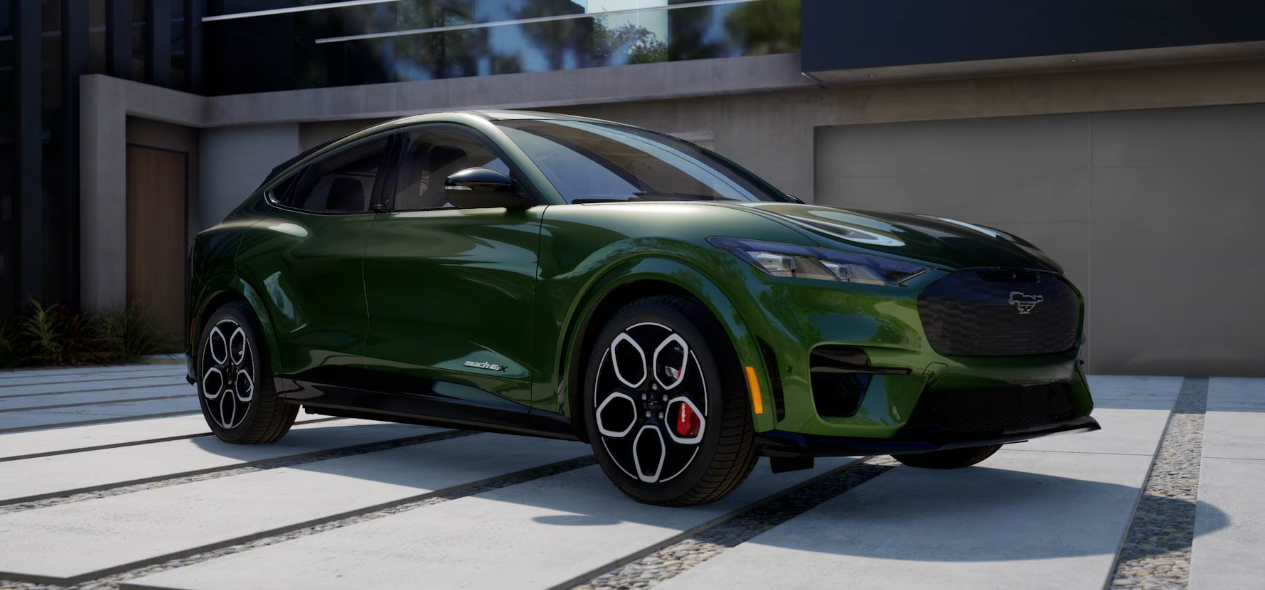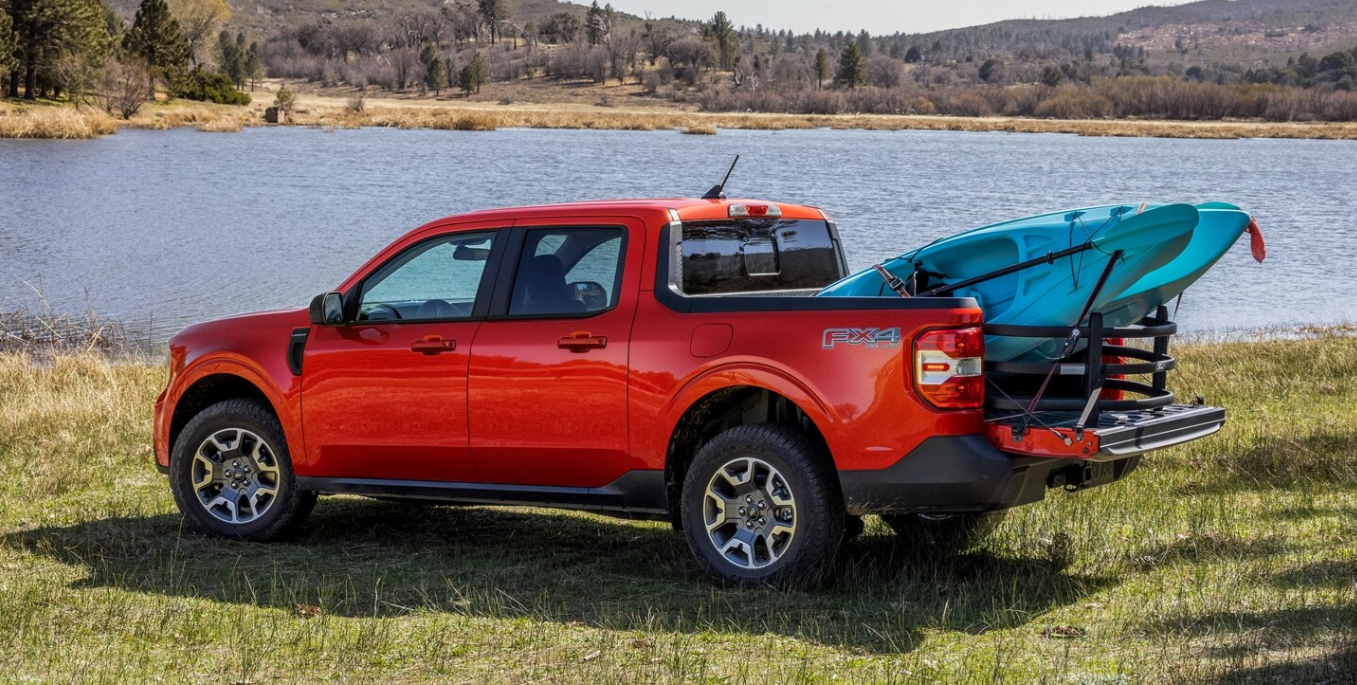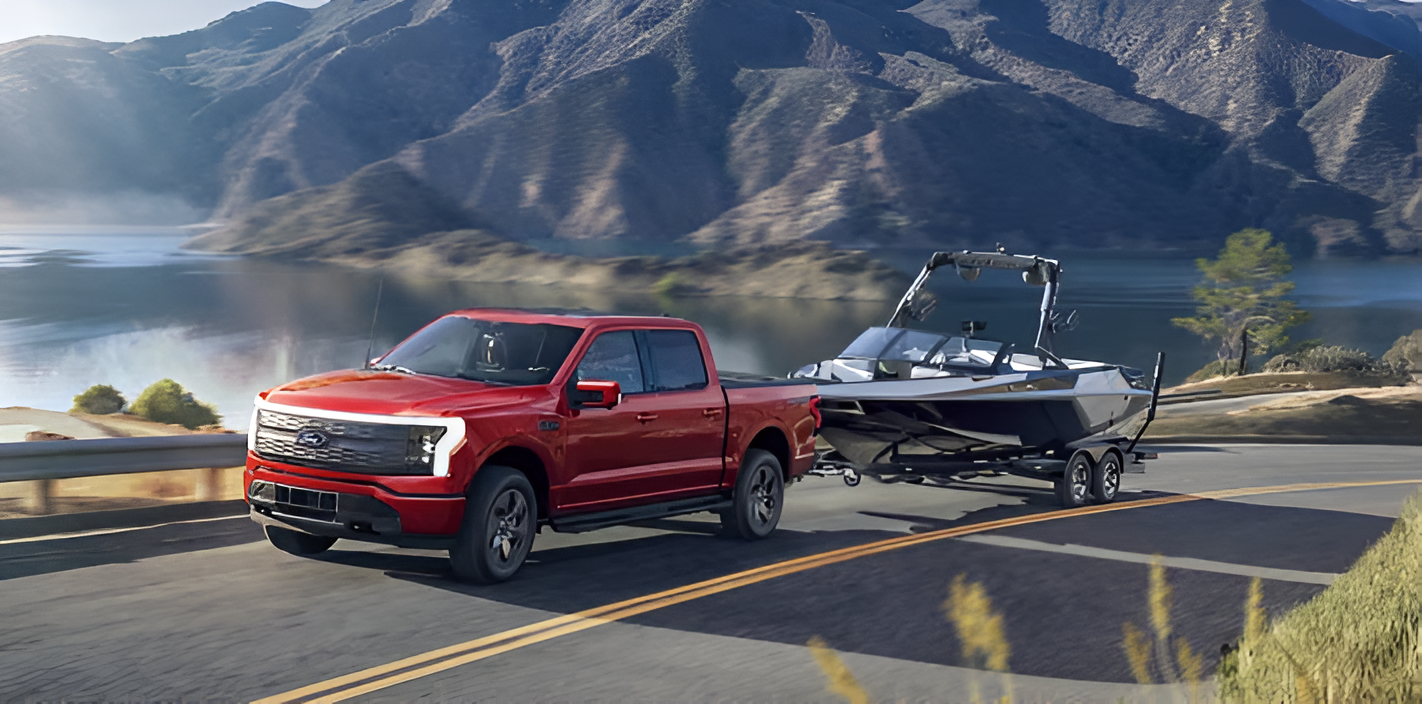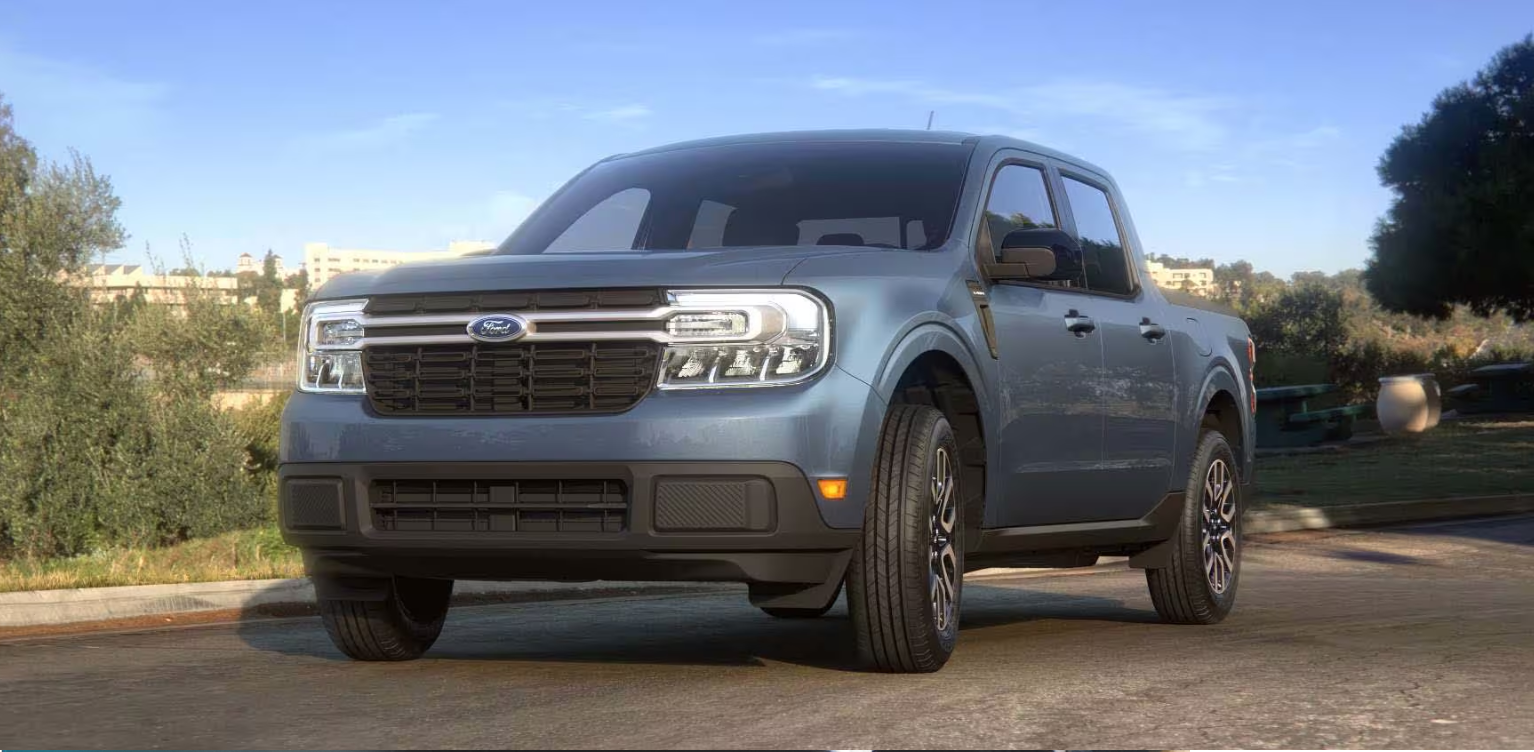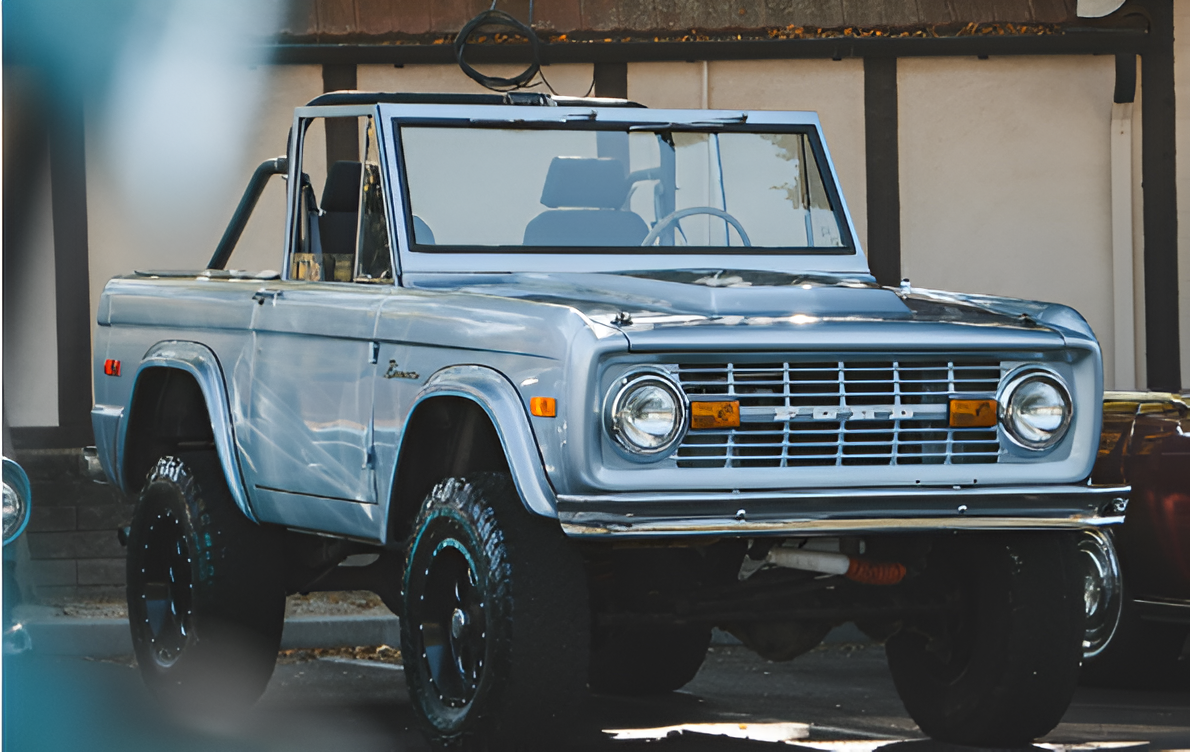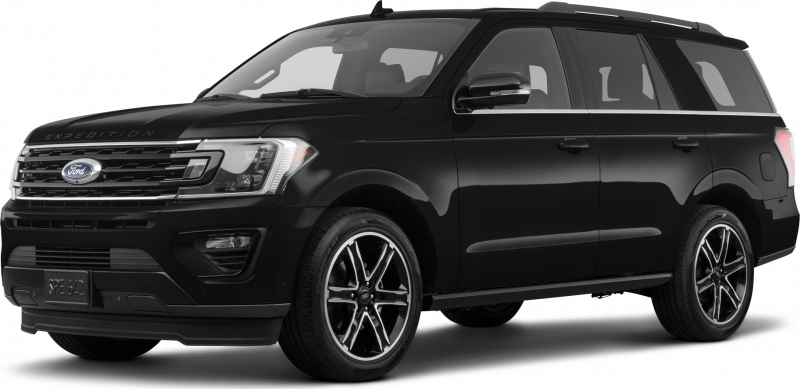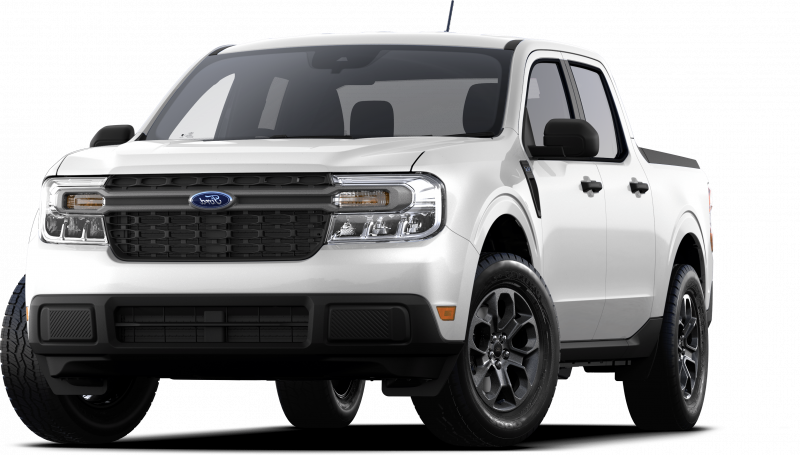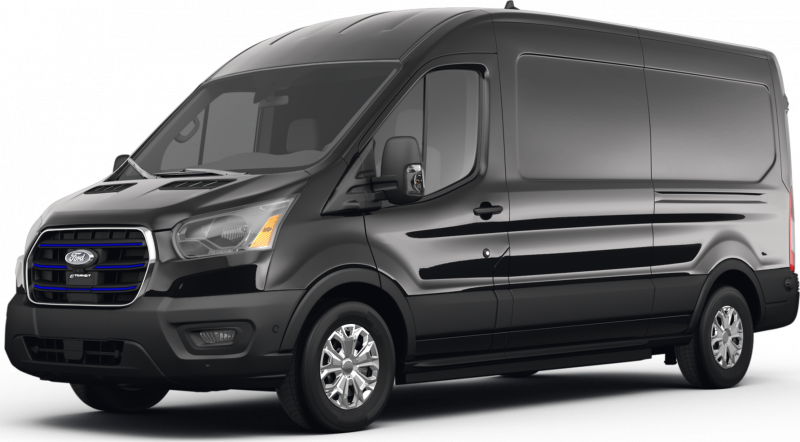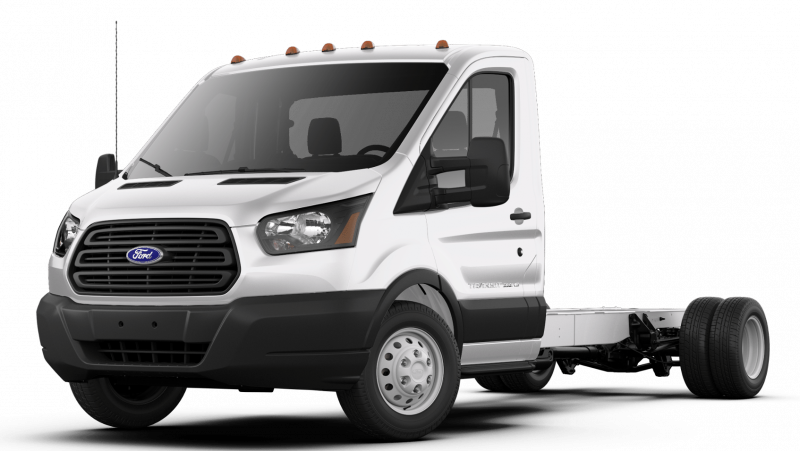Getting ready for a cross-country road trip can be exciting, but it’s important to make sure your car is up to the challenge. Lake Elsinore residents know that California’s scenic routes can be both beautiful and demanding, so having your vehicle in top shape is essential. Whether you're heading out to explore the open highways or planning to visit landmarks across the country, a little preparation can go a long way in ensuring a smooth journey. From checking tire pressure to packing emergency supplies, preparing your car is about more than just filling up the tank. It’s about ensuring that your vehicle is ready for the long miles ahead, keeping you safe and comfortable on your adventure.
How to Prepare Your Car for a Cross-Country Trip
Preparing your car for a cross-country trip is one of the most important steps to ensure a safe and enjoyable journey. Whether you’re planning to explore scenic highways, national parks, or visit family across the country, having your vehicle in top condition can help prevent unexpected breakdowns, delays, or safety issues. Cross-country trips put extra stress on your car’s systems, from tires to engine fluids, and being proactive can make all the difference. This detailed guide will help you cover all the necessary preparations for your vehicle so that you can focus on enjoying the road ahead.
Checking Essential Systems and Fluids
Before embarking on a long trip, it’s essential to give your vehicle a thorough check of its core systems and fluids. Many of the car’s components, such as engine fluids, tires, brakes, and battery, experience wear and tear during daily use, and cross-country driving adds extra strain. Ensuring these areas are in good condition will help you avoid potential issues during your journey.
Your car’s engine is the heart of the vehicle, and it’s crucial that all its fluids are at optimal levels before you begin your trip. Start by checking the oil, as long trips generate significant engine heat and pressure. If your oil is old or nearing its recommended change interval, it’s a good idea to have it replaced before hitting the road. Old oil loses its effectiveness in lubricating the engine, which can lead to overheating or increased wear on engine components. Additionally, if you're close to your scheduled oil change, it’s best to go ahead and have it done early to avoid any risks of running low on oil during your trip.
Besides the oil, check other essential fluids, such as coolant, transmission fluid, brake fluid, and power steering fluid. These fluids keep various systems of your vehicle functioning properly, preventing overheating, brake failure, and steering issues. Coolant, for instance, regulates the temperature of your engine, and if levels are too low, your engine may overheat on a long stretch of highway.
Similarly, low brake fluid can impact braking performance, especially during long downhill drives or when carrying heavy loads. Ensuring all your fluids are topped up and clean will provide peace of mind as you prepare for your journey.
Tire Pressure and Condition
Your tires are the only part of the vehicle that makes contact with the road, making them critical for safety, performance, and fuel efficiency. Before heading out on a long trip, check the air pressure in each tire, as well as the condition of the treads. Proper tire pressure is essential for maintaining fuel efficiency, handling, and preventing blowouts. Low tire pressure can cause uneven wear, overheating, and even tire failure, while overinflation reduces grip on the road. Check the manufacturer’s recommended tire pressure, which is usually located in your owner’s manual or on a sticker inside the driver’s door. In addition to air pressure, inspect your tire tread depth. Worn-out tires increase the risk of hydroplaning in wet conditions and decrease stopping power. If your tire treads are too shallow, it’s best to replace them before your trip to ensure maximum traction and safety. Don’t forget to check the spare tire as well—while it’s often overlooked, having a properly inflated spare can save you a lot of trouble in case of a flat tire in a remote area.
Preparing for Safety and Emergencies
No matter how well-maintained your vehicle is, there’s always the chance of encountering unexpected situations on the road. Preparing for emergencies and ensuring that your car’s safety systems are functioning optimally can make all the difference if something goes wrong during your cross-country trip.
Brakes are one of the most crucial safety systems in your vehicle, and it’s essential to ensure they’re in excellent working condition before a long trip. Cross-country driving, especially on highways and through mountainous regions, can put additional stress on your brakes due to frequent use and the need for quick stops. Listen for any unusual sounds like squeaking or grinding, which can indicate worn-out brake pads or rotors. If your brakes feel soft or spongy, it may be time to have the brake lines bled or replaced. It’s also a good idea to have your brake fluid levels checked and topped up if needed, as low brake fluid can cause reduced braking performance.
Your car’s battery is another critical component to check, as long trips involve extended periods of driving and use of electrical systems like lights, air conditioning, and navigation systems. A weak battery can leave you stranded in an unfamiliar place if it dies unexpectedly.
Check the battery terminals for any corrosion, which can affect the connection, and ensure the battery holds a charge. If your battery is more than a few years old, consider having it tested or replaced to avoid the risk of a breakdown during your journey.
Even if your car is in perfect condition, it’s still important to pack an emergency kit with essential items in case of unforeseen issues, such as flat tires, accidents, or getting stuck in a remote area. A well-stocked emergency kit should include basic tools, a spare tire, tire jack, jumper cables, flashlight, first-aid kit, and roadside flares. Having these tools on hand will allow you to handle minor issues yourself, such as changing a tire or jump-starting a dead battery, without needing to rely on roadside assistance.
In addition to the tools, pack extra water, non-perishable food, and blankets in case you’re stranded in an area without nearby services. These items can be crucial if you encounter an unexpected delay, such as a road closure or severe weather conditions. It’s also helpful to have a phone charger or power bank to keep your devices charged, especially if you need to call for help.
Lastly, if you’re traveling through remote areas, consider carrying a paper map or GPS device, as cell phone service can be unreliable in some regions.
Enhancing Comfort and Convenience for the Trip
Comfort is key when it comes to long road trips, and taking steps to enhance your vehicle’s convenience features can make the experience more enjoyable. From keeping your passengers entertained to ensuring the vehicle’s interior is well-organized, there are several ways to improve comfort and convenience for a cross-country journey.
One of the first things to check before setting off on a cross-country trip is your vehicle’s air conditioning system. Driving for hours in extreme heat or cold can make the journey uncomfortable and tiring, so it’s important to ensure your climate control system is working correctly. Start by turning on the air conditioning to test if it blows cold air efficiently. If it takes too long to cool the cabin or doesn’t cool at all, you may need to have the refrigerant levels checked or have the system serviced by a professional. In addition to air conditioning, check that your cabin filters are clean and functioning properly. These filters keep dust, pollen, and other particles from entering the vehicle, improving air quality and ensuring a more comfortable environment for passengers. If the filters are dirty or clogged, replacing them can improve airflow and make your drive more pleasant.
Long road trips can be challenging for passengers, especially for children, so having a plan for in-car entertainment is essential. Make sure your vehicle’s infotainment system is functioning correctly, and consider downloading maps, music, or audiobooks ahead of time in case you lose cell service. If your vehicle supports Apple CarPlay or Android Auto, take advantage of these features to integrate your phone’s navigation and entertainment functions seamlessly into the dashboard.
For additional comfort and convenience, organize your vehicle’s interior to ensure that essential items are easily accessible. Pack snacks, drinks, and travel necessities within reach of passengers to avoid frequent stops or distractions while driving. Consider using organizers or storage bins to keep the cabin tidy, especially if you’re traveling with multiple people or lots of luggage. A well-organized vehicle not only makes the trip more comfortable but also reduces the chances of misplacing important items like documents, chargers, or medications.
Final Preparations and Travel Tips
Once your vehicle is in optimal condition and you’ve packed your emergency kit, it’s time to focus on the final preparations for your cross-country adventure. These last steps will help you stay organized, reduce stress, and ensure a smooth journey.
Cross-country trips can involve long stretches of highway without access to gas stations, particularly in remote areas. To avoid running out of fuel, plan your refueling stops in advance by checking gas station locations along your route. If you’re traveling through regions with fewer services, keep your gas tank at least half full to prevent the risk of being stranded far from a station. Apps like GasBuddy can help you find fuel stops and compare prices, allowing you to budget accordingly.
In addition to refueling, schedule regular rest stops to give yourself and your passengers a break from driving. Long hours behind the wheel can lead to fatigue, which increases the risk of accidents. Plan to stop every couple of hours to stretch your legs, use the restroom, and stay refreshed. These breaks are especially important if you’re traveling with children or pets, as they may need more frequent stops to stay comfortable.
Finally, always check the weather forecast and road conditions before you begin each leg of your journey. Cross-country trips often involve driving through various climates and terrains, and being prepared for changing conditions can help you avoid dangerous situations. If severe weather is forecasted, such as heavy rain, snow, or strong winds, adjust your travel plans accordingly to stay safe. In addition to weather, keep an eye on road conditions and closures, especially if you’re traveling through mountain passes or rural areas. Many states provide online resources for checking highway conditions and detours, helping you plan alternative routes if necessary. Being aware of potential hazards will help you stay on track and avoid unnecessary delays during your trip.
Preparing for Your Road Trip with Aaron Ford of Lake Elsinore
Before hitting the road on your cross-country trip, a well-prepared vehicle can make all the difference in how much you enjoy the experience. By taking the time to inspect your tires, brakes, and fluid levels, and making sure you have the right gear packed, you’ll not only reduce the risk of breakdowns but also give yourself peace of mind while exploring new destinations. Lake Elsinore residents can confidently hit the road knowing their vehicle is road-trip ready, letting them focus on the excitement of the journey ahead rather than worrying about potential issues along the way. Safe travels!
At Aaron Ford of Lake Elsinore, we’re here to help you make sure your vehicle is up for the adventure. From checking your tires to making sure your oil is fresh, our team can get your car in top shape. If you’re considering an upgrade before your journey, explore our new inventory or browse our selection of pre-owned vehicles for something that suits your needs.
Take advantage of our monthly special offers to get the best deal, and when you're ready, schedule a service to prepare your vehicle for the trip. If financing a new or pre-owned vehicle is on your mind, start by applying for financing or seeing what your buying power looks like. Don’t forget to value your trade-in for an even better deal. Need to save on maintenance? Check out our service special coupons to keep your road trip prep budget-friendly. With our help, you’ll be ready to hit the road with confidence, knowing your vehicle is ready for the journey ahead!

